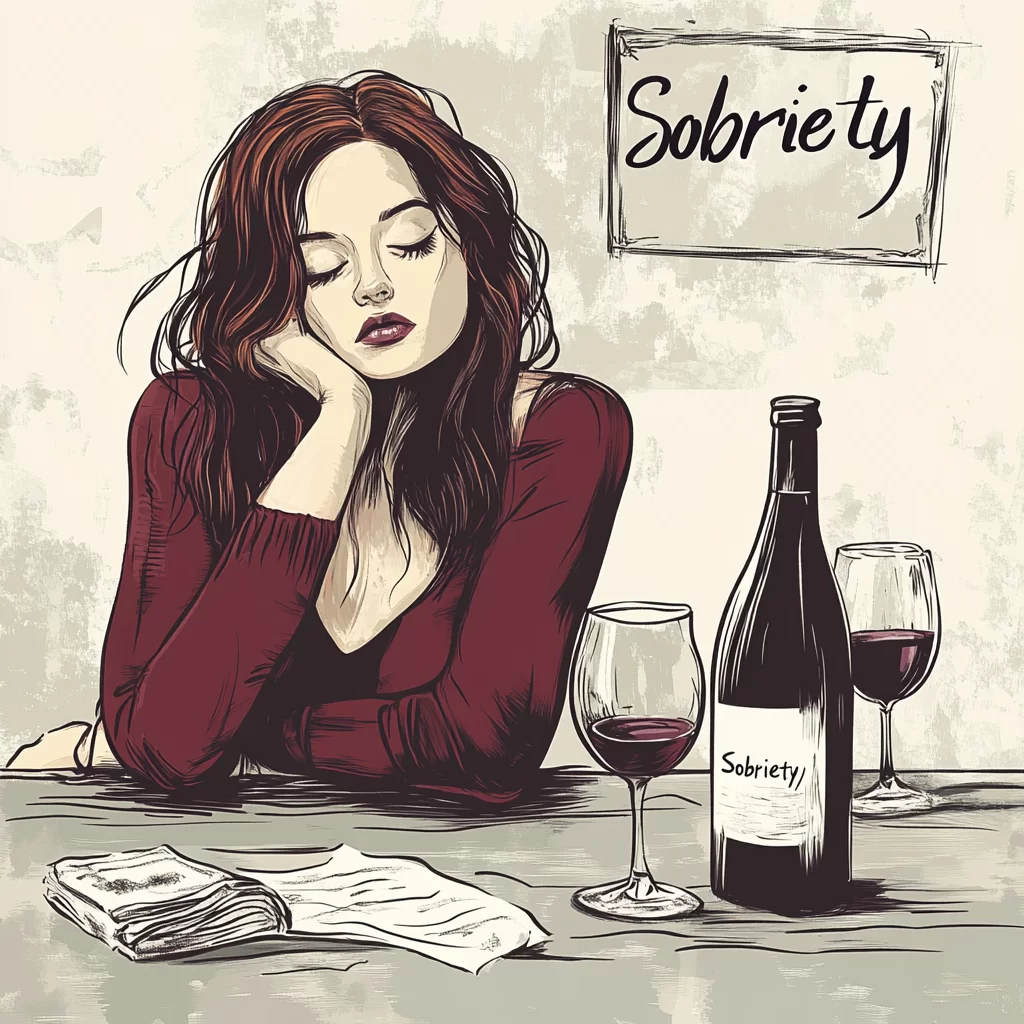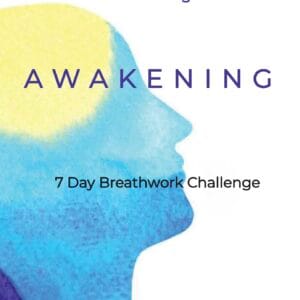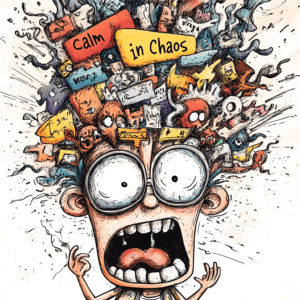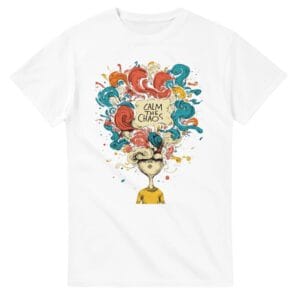
Week One of Sobriety: The Hard Truths, Small Victories, and What I Wish I Knew Before I Started. It’s been seven days since I took my last drink. A week might not sound like much to some people, but if you’ve ever faced addiction, you’ll know it can feel like climbing Everest barefoot.
Sobriety isn’t just about stopping drinking—it’s about understanding the reasons you started in the first place. It’s about facing your past, embracing your present, and building a future that feels meaningful and true. It’s a journey that’s far from easy, but one that’s undoubtedly worth it.
In this post, I’m sharing the truths of the first week of sobriety—the raw challenges, the small but powerful victories, and the moments of clarity that shine through when the fog starts to lift. This isn’t just my story; it’s a guide shaped by lived experience, honest reflections, and insights from those who’ve walked this road before.
Whether you’re on Day One, or still deciding if you’re ready to start, this is for you.
🧠 Day 1: The Decision to Quit
There’s no perfect day to quit drinking. No calendar date that suddenly feels right. For me, it was less of a grand moment and more of a quiet, desperate whisper: “Enough is enough.”
The first 24 hours were a mix of relief, anxiety, and fear. Relief because I’d finally made the decision. Anxiety because my brain was already trying to convince me I’d fail. And fear because… what if sobriety didn’t fix anything?
The cravings were relentless. My body ached, my hands shook, and my mind wouldn’t settle. I spent hours pacing around my flat, drinking endless glasses of water and trying to focus on anything but the gnawing voice in my head. At one point, I grabbed a stress ball and squeezed it so tightly that my hand hurt, just to channel the nervous energy somewhere. When that didn’t help, I turned to guided breathing exercises I’d previously used and have written about on the blog. Inhale for four seconds, hold for four, exhale for four—it initially felt silly, but it slowed my racing thoughts.
The Truth: Making the decision is the easiest part of Day One. Sticking to it through the cravings, the headaches, and the voice in your head that says, “Just one drink won’t hurt,”—that’s the hard bit.
The Win: I made it through Day One without a drink. And if you’ve done the same, that’s something to be proud of.
Key Takeaway: Tell someone about your decision. Whether it’s a friend, a family member, or an online community—accountability makes all the difference.
I also started journaling on Day One. Scribbling down every thought, every craving, every fleeting moment of clarity helped anchor me in reality.
🛡️ Day 2-3: Withdrawal and the Mind Games Begin
Let’s be honest: the second and third days were rough. Withdrawal symptoms kicked in—headaches, nausea, restlessness, and a sense of unease that I couldn’t shake. My body was asking, “Where’s the thing we rely on to feel normal?”
The nights felt endless. I would lie in bed staring at the ceiling, drenched in sweat, my mind spinning with intrusive thoughts.
“What if I’ve ruined too much already?”
“What if sobriety doesn’t make me happy?”
“What if I’m not strong enough for this?”
During these days, I leaned heavily on distraction techniques. I went for long walks, took cold showers, and listened to podcasts about recovery. Hearing other people’s stories reminded me I wasn’t alone.
One technique that stood out for me was creating a “mindful walk” routine. Instead of walking aimlessly, I focused on every step I took—the way my feet felt against the pavement, the sound of birds overhead, and the rhythm of my breathing. If my mind started racing, I’d pause, take a deep breath, and remind myself to notice something around me, like the colour of a leaf or the way the light filtered through the trees. It felt grounding, almost meditative, and it helped me shift my focus away from cravings and discomfort.
The Truth: Your brain and body are recalibrating. It’s messy, uncomfortable, and sometimes terrifying—but it’s necessary.
The Win: I made it through without giving in to the voice in my head telling me to numb the discomfort with a drink.
Key Takeaway: Stay hydrated, eat well (even if you don’t feel like it), and keep reminding yourself: that this will pass.
🌅 Day 4-6: Emotional Waves and Small Triumphs
Day 4: Emotional Floodgates Open
The physical discomfort started to ease slightly, but emotionally, I felt like I’d been cracked wide open. Every emotion I’d buried under alcohol started bubbling to the surface—anger, sadness, regret. I found myself crying over small things, but those tears felt like tiny releases of pain I’d been carrying for years.
At one point, I stumbled across an old journal from years ago. Reading my own words from a time before alcohol had taken such a strong hold on my life was a gut-wrenching experience. The hopes, the dreams, the optimism—it was all still there on those pages, waiting for me to reclaim them. It was a moment of deep sadness, but also one of profound hope.
I also started using guided meditations specifically focused on emotional release. Sitting quietly and allowing myself to truly feel the sadness, rather than running from it, was hard—but it helped.
The Truth: Emotions, even the painful ones, are not your enemy. They are messengers that need to be heard.
The Win: I faced emotions I’d been running from for years—and survived.
Key Takeaway: Allow yourself to feel everything without shame. Your emotions are valid, and processing them is a vital step toward healing.
Day 5: A Fleeting Moment of Peace
On Day 5, I had my first fleeting moment of genuine peace. I was drinking tea by the window, watching the world go by. It felt like a pause—a brief moment where everything felt still and okay.
It was such a simple moment, but it felt monumental. My mind wasn’t racing, my chest wasn’t tight, and I wasn’t preoccupied with thoughts of alcohol. I realized that peace doesn’t have to come in grand gestures or life-changing events—it can exist in a single sip of tea, in a moment of stillness.
Later, I went for a walk on the canal. I noticed details I’d usually overlook—the way the light played on the leaves. Sobriety had given me back the ability to notice life.
The Truth: Moments of peace might be brief at first, but they are incredibly powerful.
The Win: For a few precious moments, I felt at ease in my skin.
Key Takeaway: Notice and appreciate those small, peaceful moments. They are stepping stones to something greater.
Day 6: The Fog Begins to Lift
The mental clarity on Day 6 was profound. I could think straight. I started making a list of goals I wanted to achieve and dreams I’d long forgotten.
For the first time in years, I felt like I was in control of my thoughts. The constant chatter in my brain had quieted down, and in its place was a sense of purpose. I spent part of the day writing down both short-term and long-term goals. Things like repairing relationships, prioritizing my health, and even learning a new skill.
I also found myself being more patient—with myself and with others. I didn’t snap at minor inconveniences, and I wasn’t overwhelmed by frustration. It felt like I had a little extra space in my mind to process things before reacting.
Another small but significant change: I started sleeping better. The restless, sweat-soaked nights had begun to ease, and I was able to fall asleep without the usual wave of anxiety.
The Truth: Clarity doesn’t mean all your problems disappear—it means you can face them with a steadier mind.
The Win: I felt hopeful about my future for the first time in years.
Key Takeaway: Take note of your progress, no matter how small. Every moment of clarity is a gift.
🌟 A Community for Support: The Mindful Sobriety Collective
One of the most valuable tools I’ve discovered on this journey is the power of community. That’s why I created the Mindful Sobriety Collective on Facebook. It’s a space where I share the tools that have helped me—guided meditations, journal prompts, mindfulness exercises, and honest reflections.
This group isn’t just about tips and tricks—it’s about connection. It’s about having a safe space to share your story, celebrate your wins, and ask for support on tough days.
If you’re navigating sobriety or even just considering it, I’d love to see you there. You’re not alone, and together, we can keep showing up for ourselves, one day at a time.
👉 Join here: Mindful Sobriety Collective
✨ Final Thoughts: Every day sober is a victory. Every moment of clarity is a gift. Keep showing up for yourself—you’re worth it.
To be continued…
On sale products
“Calm the Chaos” Graphic T-Shirt
Price range: £27.40 through £39.647-day breathwork challenge
£0.00Calm in Chaos: Ten Exercises for Managing Anxiety in the Modern Age
£9.99Calm The Chaos
Price range: £26.10 through £33.12Calm The Chaos
Price range: £20.00 through £37.56




